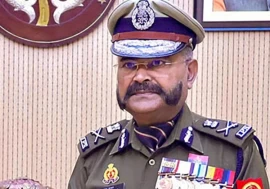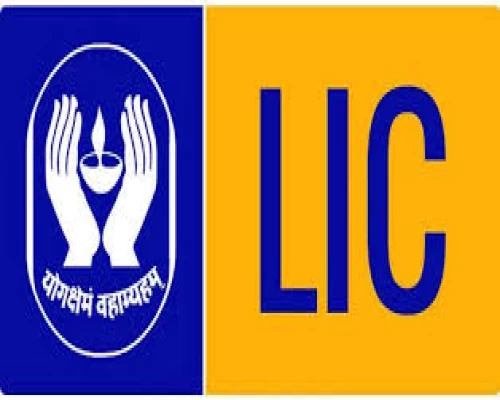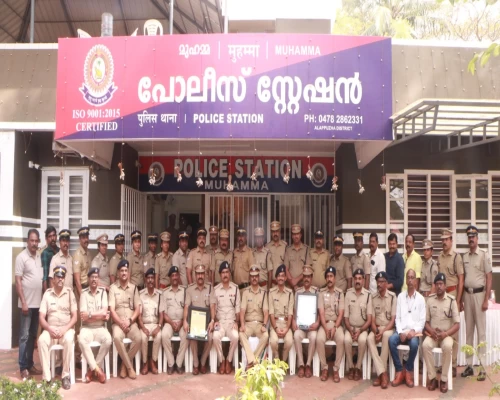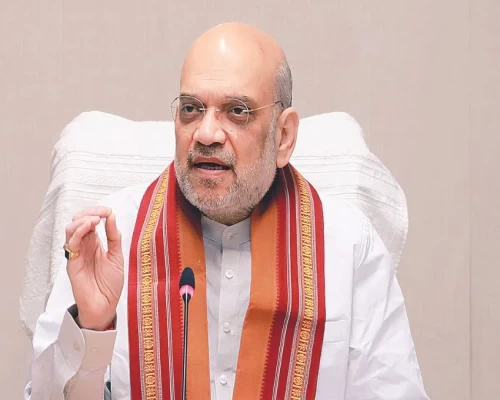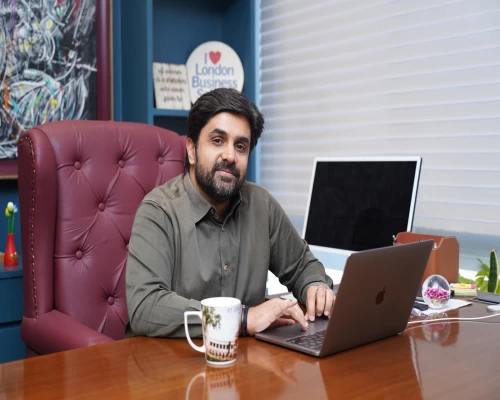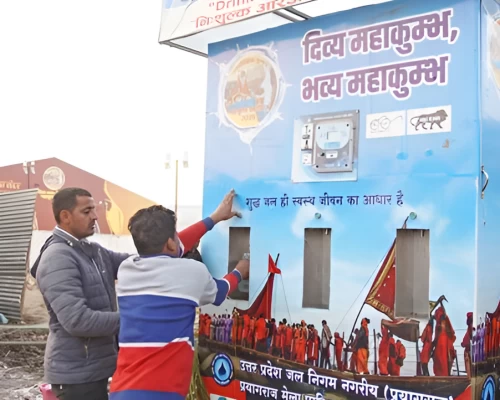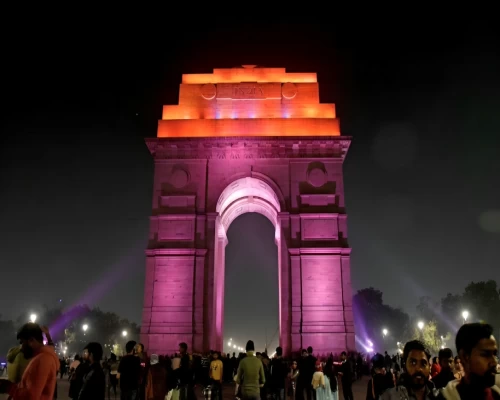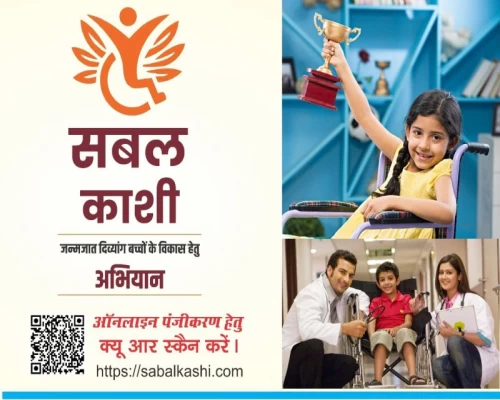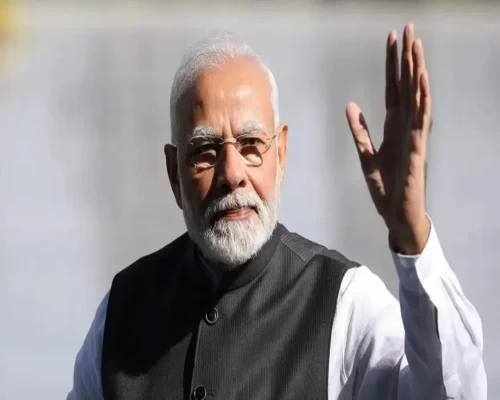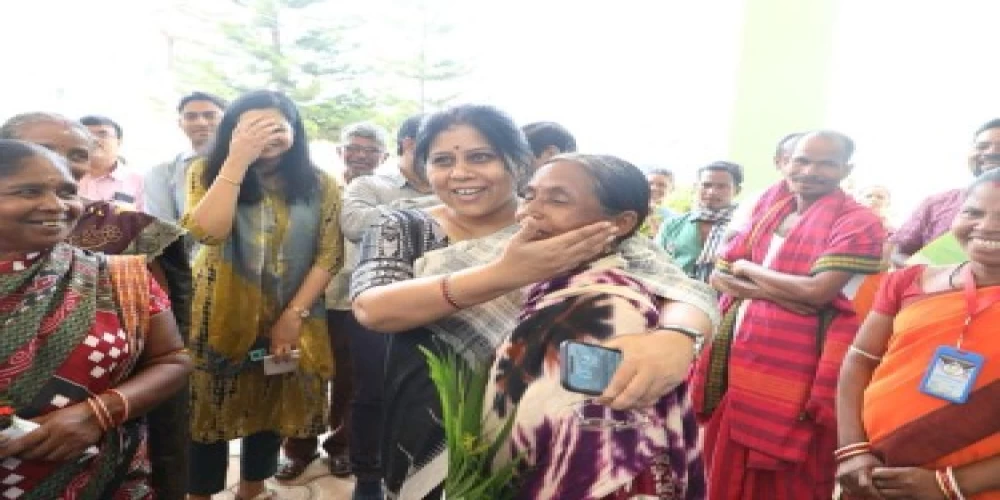
Odisha: In its continuous efforts in connecting with people at the grassroots and last-mile stakeholders to collectively indulge them in the process of development of the tribal communities, indigenous culture and heritage, the ST & SC Development, Minorities & Backward Classes Welfare Department, Odisha, has initiated a people connect programme called “Mo Parikalpana”.
As part of our dedicated efforts to foster inclusive development among tribal communities, nurture indigenous heritage, and engage with local stakeholders, the ST & SC Development, Minorities & Backward Classes Welfare Department in Odisha has introduced a people-centric initiative known as 'Mo Parikalpana.' This program aims to connect with individuals at the grassroots level, encouraging their active participation in shaping the progress of our tribal communities and preserving our rich cultural heritage.
This program fosters direct engagement between stakeholders at the block level and officials at all rank including myself at the level of commissioner-cum-secretary of the department. It encourages stakeholders to share their on-ground experiences, challenges, and aspirations while working with tribal communities. It provides a platform for them to discuss their ideas and insights, born from their firsthand experiences, and explore solutions relevant to their dedicated efforts within these communities. It gives us unique insights and helps us to formulate and fine-tune our strategies.
When Srimati Laxmi Kadraka, the Sarpanch of Bandhugaon Gram Panchayat in Koraput district, shared her inspiring story of achieving a zero dropout rate in local schools, her dedication to enhancing education received widespread acclaim, earning recognition from top state officials for her outstanding commitment to fostering learning in her region. Similarly, Saroj Kumar Majhi, a tribal folk artist from Badagaon block in Sundargarh district, showcased the challenges faced by tribal cultural groups in organizing events like Pushi Purnima to promote Jhumura dance. For me it was an opportunity to address the issues and find immediate resolution.
In a similar vein, 130 Didayi tribal families residing in two villages under Doraguda Gram Panchayat in the Chitrakonda block of Malkangiri district raised grievances about the non-inclusion of their names in the official roster of the Didayi community. This omission hindered their access to benefits provided by the Didayi Development Agency (DDA). Through the "Mo Parikalpana" initiative, they sought resolution to this issue.
The "Mo Parikalpana" initiative is designed as an ongoing series of interconnected endeavors or a recurrent platform. It aims to facilitate the exchange of experiences and insights between diverse stakeholders, ranging from grassroots contributors to high-ranking administrative officials. This direct interaction aims to enhance services by bridging the gap between communities and administrative mechanisms for more effective governance.
Mo Parikalpana serves as a unique forum where I engage firsthand with a diverse array of stakeholders at the block level. Employing deep listening and a keen sense of understanding, I devote utmost attention to their narratives. I empathetically gather insights while acknowledging and appreciating their commendable efforts and accomplishments. The stakeholders encompass representatives from Panchayati Raj Institutions (PRIs), Civil Society Organizations (CSOs), individuals from the fields of Education, Culture, and Self-Help Group (SHG) members. The primary objective is to create a direct and inclusive platform, fostering collaboration and discussions among a larger team to ideate, generate solutions, and address issues at the grassroots beneficiary level.
As per the initial plan, I have successfully engaged with a multitude of stakeholders representing 112 Tribal Sub Plan Blocks in the state during the first phase. The subsequent phase will encompass outreach to the remaining tribal sub plan blocks. While we solicit inputs from all stakeholders through written formats, I personally engage with select participants via virtual meetings. This personalized approach aims to convey appreciation and encouragement to the stakeholders. Over the past one or two months, I have interacted with more than 2500 participants from various regions across the state.
Through our interactions, we've encountered numerous uplifting tales from the grassroots, such as the inspiring journey of Laxmi Kadraka. Her unwavering commitment and dedication revived a primary school in her area, which was on the verge of closure due to low enrollment and inadequate infrastructure. With genuine conviction, she engaged with parents, persuading them to enroll their children in the school. Thanks to her efforts, the school now has 24 enrolled children and operates within the premises of a nearby Anganwadi Centre. Stories like Laxmi's, reflecting incredible conviction and dedication, regularly emerge through the Mo Parikalpana initiative.
The writer is an IAS officer of 2006 batch in the Odisha cadre.


